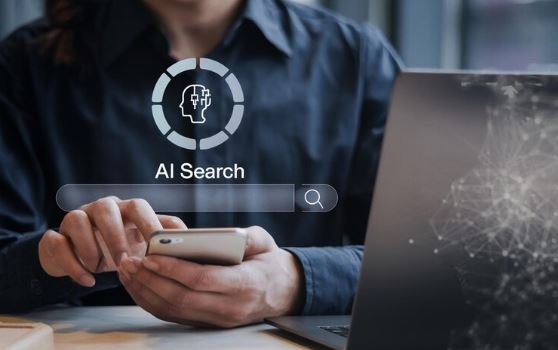Artificial driven chatbots are becoming increasingly popular in the fast-moving digitech world. From customer service conversations to chatbots like ChatGPT, these conversational agents are changing the way people look for and find information. While there was worry that chatbots could eliminate the need for traditional search engines, it appears that’s a little premature, at least based on today’s trends and information.
The Fear of Disruption
When sophisticated AI chatbots started to make headlines, there was a lot of buzz in the air and people thought that they would be all over the internet. Rather than dig through dozens of links, why not have a chatbot that can provide a direct and summarized answer? And this concern was particularly strong for publishers, advertisers, and SEOs dependent on search engine visibility.
Some figures in the industry foretold a revolution — speculating that Google would no longer have all the power, that traffic to content would crumble, that algorithms would overtake content as people sought computer-generated answers over browsing sites.
Realty a Slow Shift not a Tectonic one
But early evidence is starting to show that though chatbots are causing some shifts in user behavior, they are not yet having a dramatic impact on search engine traffic. Research and web stats reports from 2023 to 2025 reveal that traditional search has only had certain small dips, and those are limited to certain demographics or use cases.
Explanations of the limited effect are as follows:
Trust and Accuracy: Lots of users still trust search engines more than chatbot, especially for complicated, nuanced or high-stakes content (e.g. medical concerns, legal advice).
Verification Habits: People still verify the information with a chatbot, they verify the information in Google or another search engine.
Transactional and Navigational Searches: Traffic from search engines is largely transactional (asking to buy something) or navigational (in search for a specific site), and chatbots have yet to show that they can handle these type of searches dependably.
Discover Content and Explore: Search engines do a great job, too, of giving you a range of perspectives to explore. On the other hand, chatbot often only offer a single extractive answer, that is less for discovery.
Coexistence Over Replacement
Chatbots appear to be supplementing, rather than supplanting, search engines. For example, users might begin a query with a chatbot to learn the basics of a topic, then move to search engines to dive more deeply into the material. And, like tech-savvy audiences, there are users who use both tools situationally: one for quick and easy access, the other for a wider spread and for checking the source.
The big players in technology have counteracted in their own way, by building chatbot-like interfaces right into search engines. Google’s Search Generative Experience (SGE) and Bing’s AI integrations reflect that even search powerhouses are pivoting while not replacing their core offerings.
looking Ahead
Although chatbots have caused little influence on search engine traffic today, the possibility of causing long-term disruption should not be ruled out. Information-seeking behavior could be affected by AI models enhanced in terms of robustness, real-time data access, and multimodal capabilities.
But any sizable change is bound to be slow. The digital information landscape is resilient and flexible, from SEO to online ads. For the time being, search engines are still the portal to the web and chatbots are an additional layer, not a replacement.
Conclusion
Chatbots may have caught the public’s imagination — but they have not yet unseated search engines. Instead of eating their own traffic, they are giving users another tool in the digital toolbox. And as they both progress and mature, it seems like symbiosis, not supremacy, is in their future.




